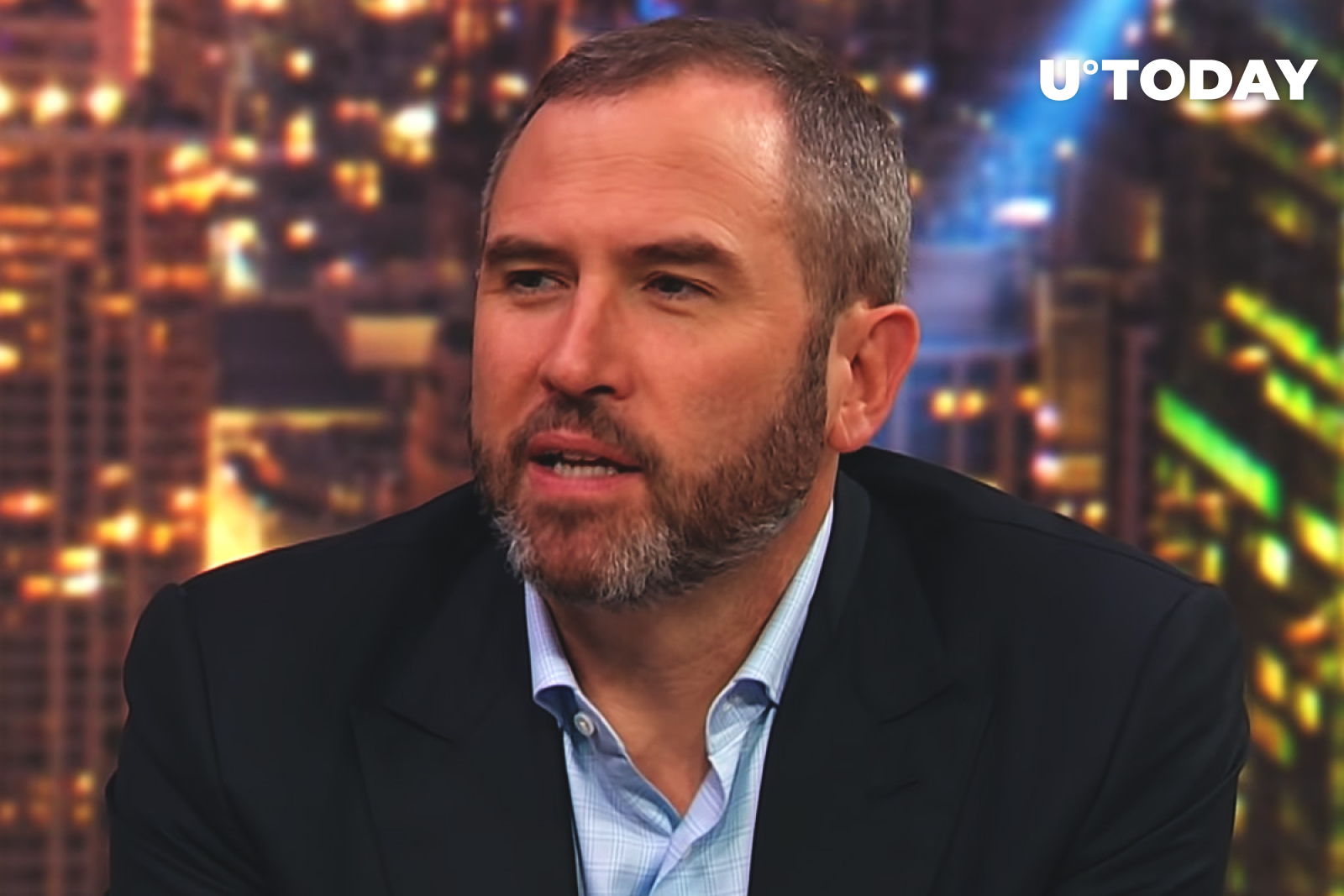Contents
- XRP scams are getting more sophisticated
- Ripple’s top lawyer takes a dig at the SEC
Ripple CEO Brad Garlinghouse recently voiced strong criticism against Elon Musk’s social media platform, X, and YouTube for their failure to address the proliferation of XRP-related scams.
This condemnation came in the wake of a particularly sophisticated deepfake video scam, where an AI-generated imitation of Garlinghouse was used to deceive XRP holders.
The video featured a highly realistic version of Garlinghouse stating, “I’m Brad Garlinghouse, and I have some important news for you…I’m ready to present you with an airdrop. Every XRP holder can participate and double their capital. We have allocated 100 million coins for this event. Scan the QR code on your screen. I would like to clarify that each XRP holder can participate only once. Hurry up and participate!”
The fake video was apparently used as an ad on the struggling social media platform, according to prominent reporter Joe Weisenthal.
XRP scams are getting more sophisticated
Scams involving Ripple and XRP have been a persistent problem for years. The company previously took legal action against YouTube for its failure to adequately address fraudulent content falsely representing Ripple and its executives.
These scams, often involving deepfake technology, have become increasingly sophisticated, posing significant risks to uninformed investors.
The recent incidents, featuring a highly convincing imitation of Garlinghouse in deepfake videos, mark a troubling escalation in the tactics used by scammers.
Ripple’s frustration with YouTube and other platforms stems from their apparent inaction against these deceptive practices despite the company’s repeated attempts to curb such fraudulent activities.
Ripple’s top lawyer takes a dig at the SEC
Adding to the industry’s security woes, the U.S. Securities and Exchange Commission’s (SEC) official social media account was recently compromised by crypto scammers who posted fake news about spot-based Bitcoin exchange-traded funds being approved.
According to X, this was possible because the account lacked two-factor authentication (2FA).
In light of this incident, Ripple’s chief legal officer, Stuart Alderoty, criticized the SEC for not adhering to its own rules regarding the disclosure of cybersecurity incidents.
